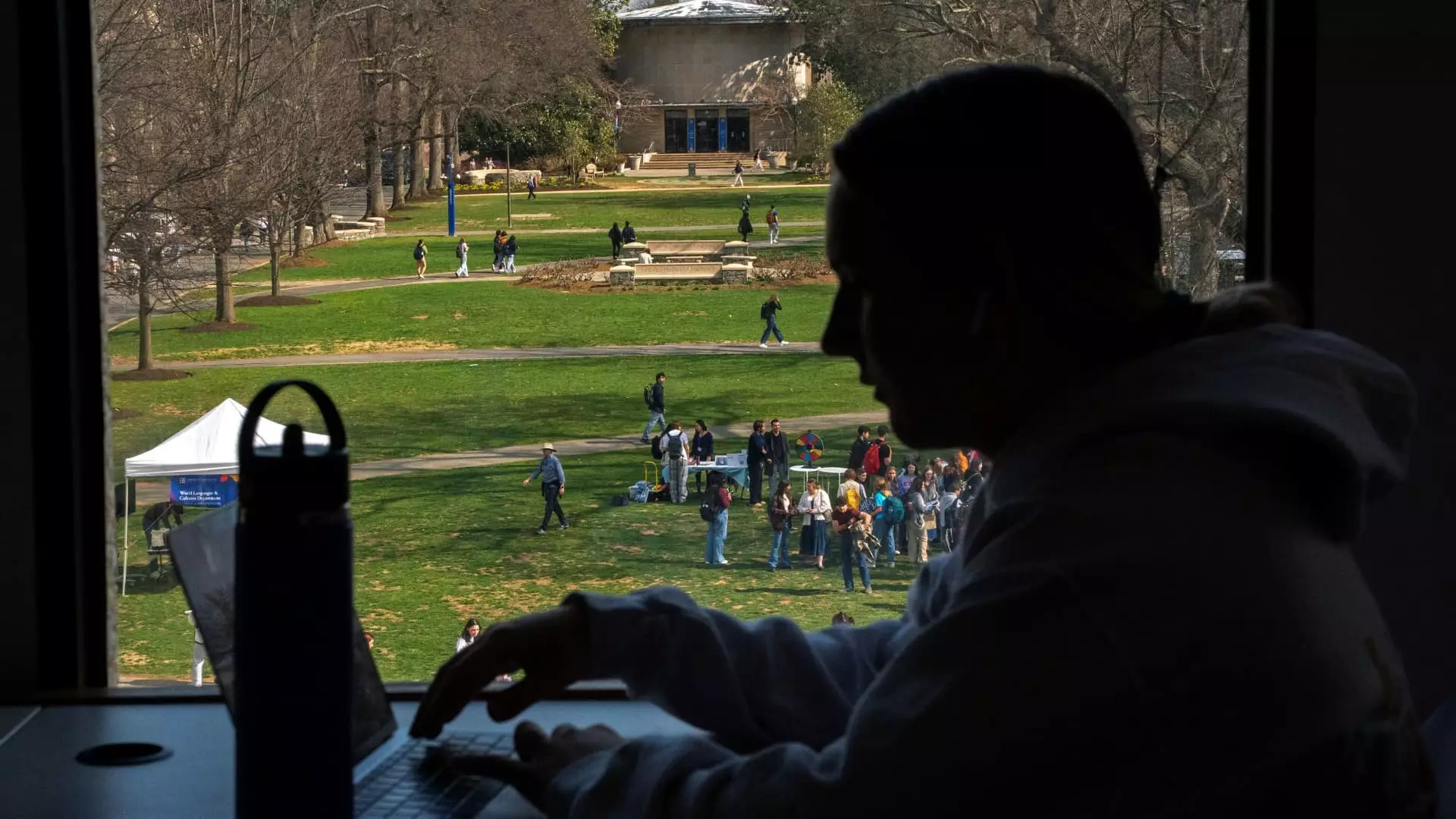The recent actions proposed by the Trump administration mark a disturbing turn in the ongoing battle over access to higher education and public service. By threatening to limit the Public Service Loan Forgiveness (PSLF) program, the government is not just tweaking rules; it’s risking the very principles of fairness and inclusivity that underpin a truly equitable society. This effort to selectively deny benefits based on vague and potentially discriminatory criteria signals an alarming shift that could disproportionately affect marginalized groups—immigrants, transgender individuals, and other vulnerable populations—who often rely on nonprofit organizations dedicated to social justice. It challenges the fundamental idea that public service should be accessible to all, regardless of political or ideological labels.
Weaponizing Regulatory Power to Serve a Political Agenda
The core concern lies in the administration’s vague language for determining which organizations qualify under the new rules. Instead of establishing clear, fair standards rooted in public service value, the proposal appears to leave room for arbitrary, politically motivated exclusions. This lack of clarity can easily be exploited to suppress organizations that serve marginalized communities or challenge conservative norms, reinforcing a dangerous partisan divide. Ultimately, such a policy shift transforms a noble, bipartisan initiative into a tool of ideological exclusion, reinforcing inequality in access to educational benefits and public service pathways.
Undermining the Spirit of Public Service and Community Engagement
Public Service Loan Forgiveness was designed as a bipartisan encouragement for dedicated service—teachers, healthcare workers, nonprofit staff—those who contribute meaningfully to society. Yet, the Trump administration’s move threatens to erode this vision, casting doubt over the security of current and future borrowers. The broader societal impact is profound: If we begin to criminalize or ostracize organizations based on their political stances or social missions, we risk creating a climate of fear and exclusion that discourages compassionate work in vital sectors. This is not just a bureaucratic adjustment but a dangerous undermining of community trust and the social fabric.
A Question of Fairness and Judicial Challenge
Legal experts indicate that the proposed rules could be challenged in court, reflecting the broader legal and moral implications of this policy shift. The fact that the rule changes will not be retroactive offers a temporary respite to current borrowers; however, the long-term ramifications threaten to reshape who is eligible for debt relief. Borrowers employed in organizations that are deemed ineligible under these new standards may be forced to switch jobs—if they can find new, qualifying employers—adding uncertainty and hardship to lives already burdened by debt. Such policies prioritize ideological conformity over fairness, risking the creation of a two-tiered system where access to benefits becomes a privilege based on political approval rather than public service merit.
Implications for the Future of Public Service and Social Equity
Ultimately, this move signifies a broader trend of using regulatory authority to serve political ends rather than advancing social good. It privileges certain organizational missions and ideologies over the core values of service and community benefit. This threatens to further entrench inequality, incentivizing individuals to avoid public service altogether out of fear of losing their benefits. A society built on exclusion and discrimination under the guise of regulation erodes the social cohesion necessary for progress, misunderstanding the very purpose of public service: to support a diverse, inclusive, and equitable society. As progressives and advocates voice concern, it is clear that this is a test of whether we prioritize fairness and social justice over political expediency—one that we cannot afford to lose.

